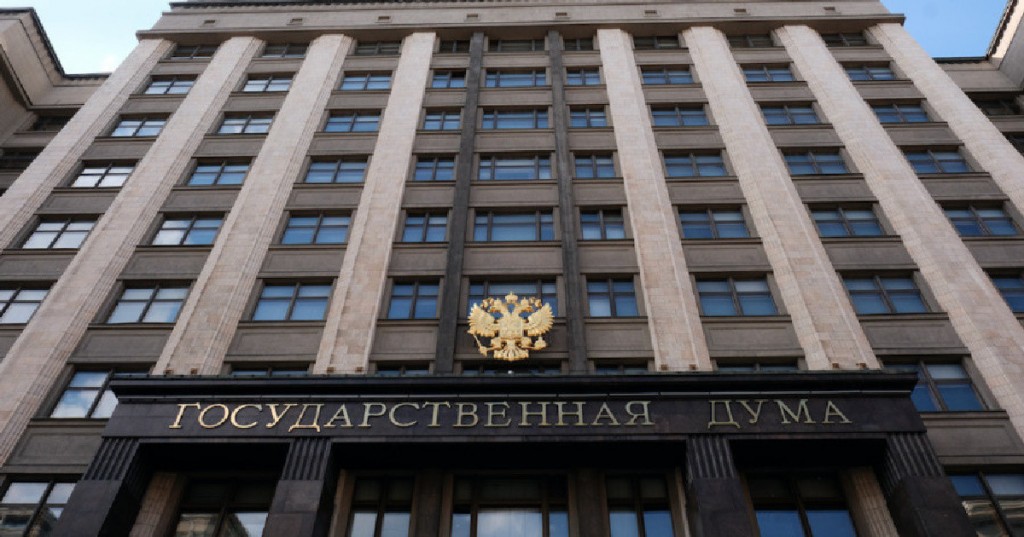State Duma adopts amendments related to non-resident payment systems operation
 The State Duma adopted, in the third reading, a law imposing a number of requirements on the e-wallets and other electronic payment instruments issued by foreign payment service providers (AliPay, WeChat, etc.) operating in the Russian Federation.
The State Duma adopted, in the third reading, a law imposing a number of requirements on the e-wallets and other electronic payment instruments issued by foreign payment service providers (AliPay, WeChat, etc.) operating in the Russian Federation.
The document was initiated by a group of deputies and senators headed by Anatoly Aksakov, Chairman of the State Duma Committee on Financial Market.
The requirements are aimed to ensure the timely settlements between foreign payment service providers and Russian banks, and to minimize risks associated with ML/TF countering. Foreign payment service providers will be banned from transferring funds and offering electronic payment instruments to resident clients. The client, that is an individual not passed through a full-scale or simplified identification, may only send money to the e-money operator through a bank account (the provision will be effective beginning a year after the day of the official publication of the law).
To formulate uniform requirements for such non-resident payment systems and minimize the risks of Russian banks and consumers, the law clarifies the concept of “non-resident payment system” and establishes requirements for their operation in Russia. The operators of foreign payment systems must be represented in the Russian Federation; their operating rules must include a risk management system, as well as requirements for the protection of information and the use of the Russian payment infrastructure.
The non-resident payment system operators complying with such requirements will be included in the Bank of Russia’s register of foreign payment system operators to allow the Bank of Russia to maintain records of them and retrieve necessary information. The register keeping procedures will be determined by the regulator. The Bank of Russia will monitor the compliance of the foreign payment system operators with the relevant requirements. To this end, the Bank of Russia will be vested with the right to request and receive from the representatives of foreign payment system operators documents and other necessary information, including those containing personal data, as well as to send notices requiring to eliminate violations.
The law will empower the Bank of Russia to interact with the subjects of the national payment system by giving them access to a personal account on the website of the Bank of Russia. The rules and procedures for personal account users will be established by the Bank of Russia.
Currently, foreign operators of non-resident payment systems working in the Russian Federation (for example, MoneyGram, Intel Express and others) conclude agreements with Russian banks on cross-border funds transfers of individuals, according to the explanatory note.
Besides, the law will vest the Bank of Russia Board with the right to cap acquiring fees. The Bank of Russia will be also authorized to penalize processing centers if the data exchange operator (a processing center) suspends unilaterally delivery of their services to the credit institution and its customers. The penalty will be ten times the amount of remuneration paid by the bank to the processing center in the previous month, while for repeated violations it will be fifty-fold remuneration amount paid by the bank to the operator in the previous month.
Apart from that, if payment cards are used by the individuals to receive social benefits, including those related to public transport services, the law requires that only national payment instruments, i.e. Mir cards, be issued by credit institutions for that purpose (the provision will be effective beginning 180 days after the law publication).
